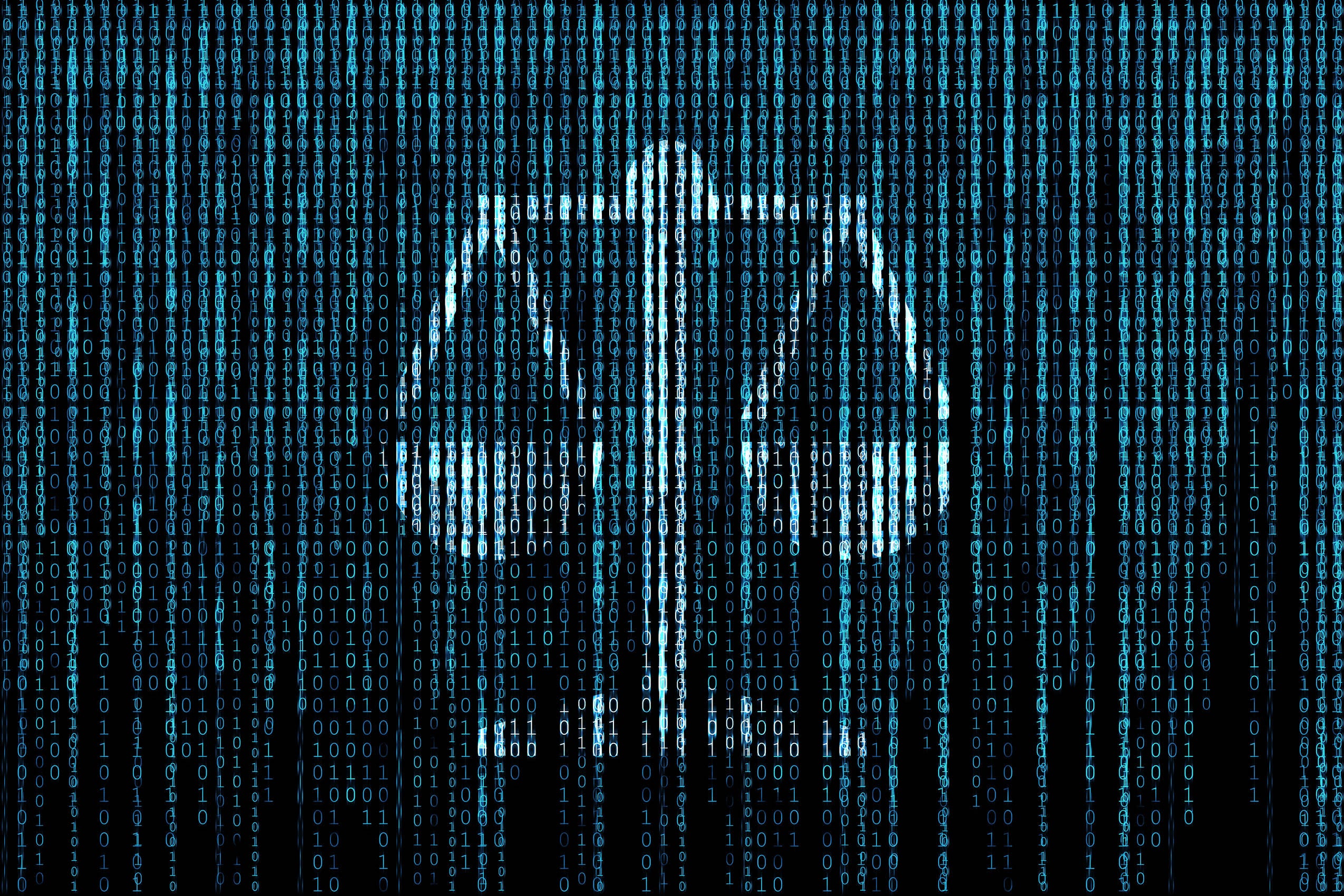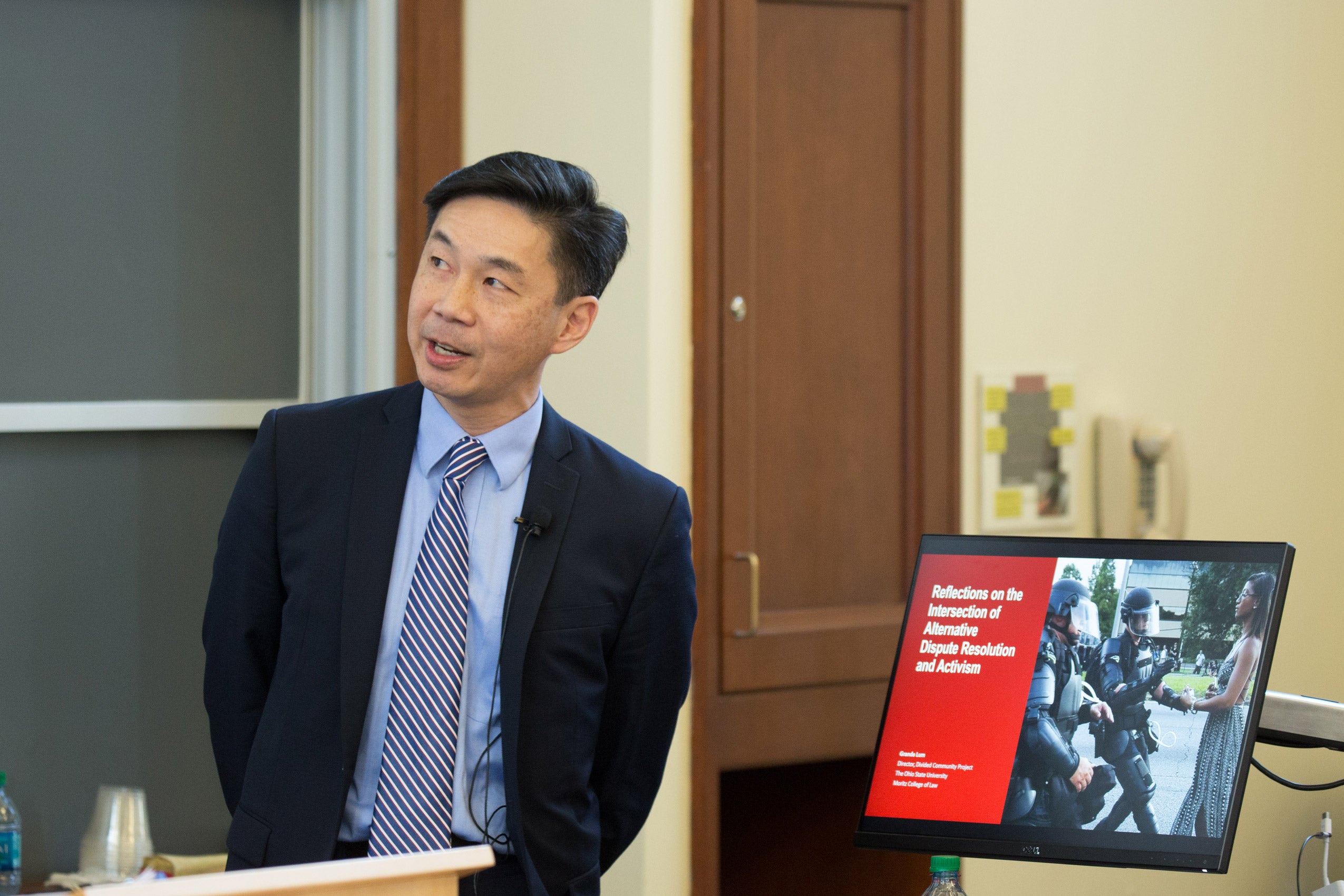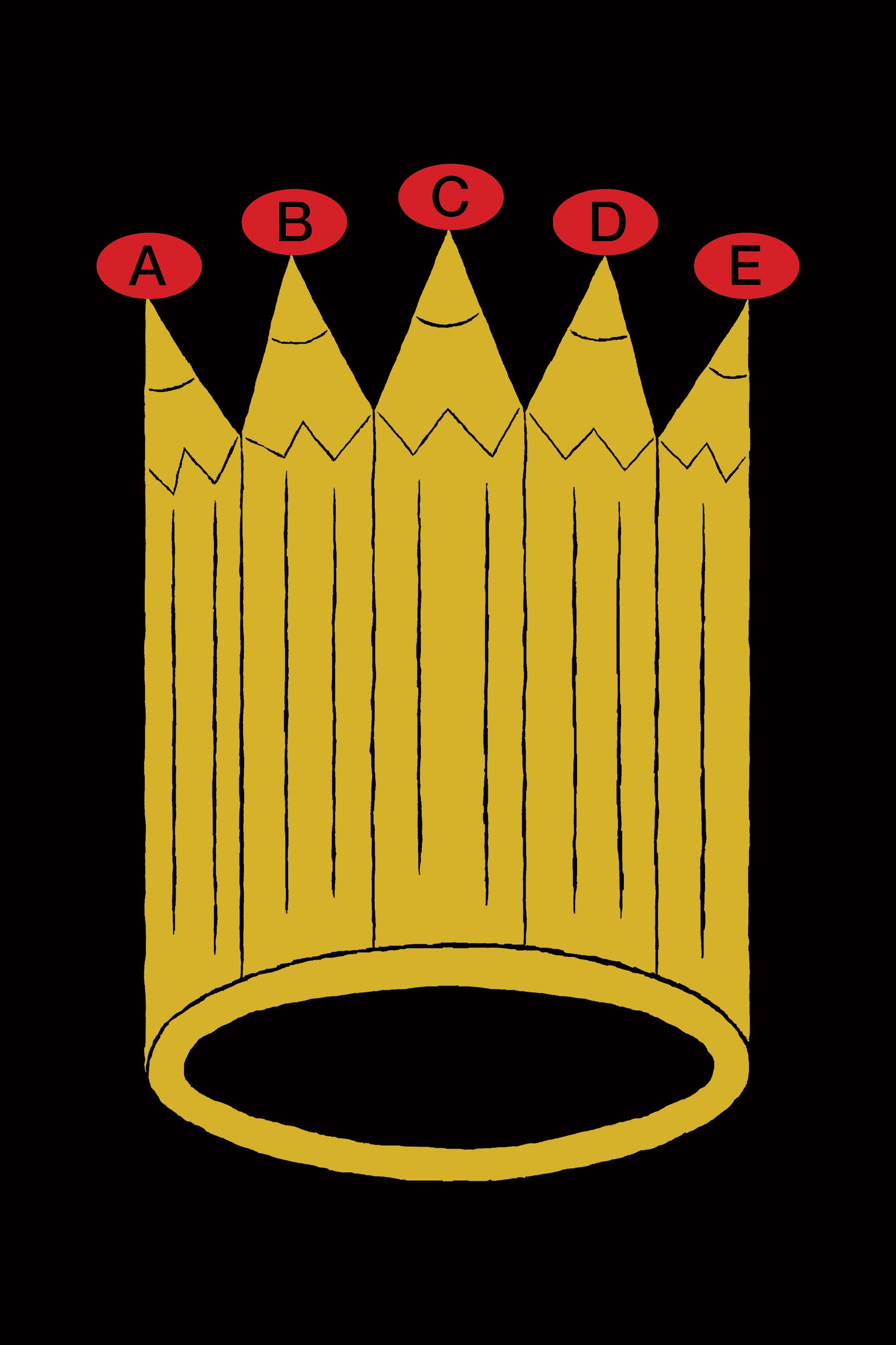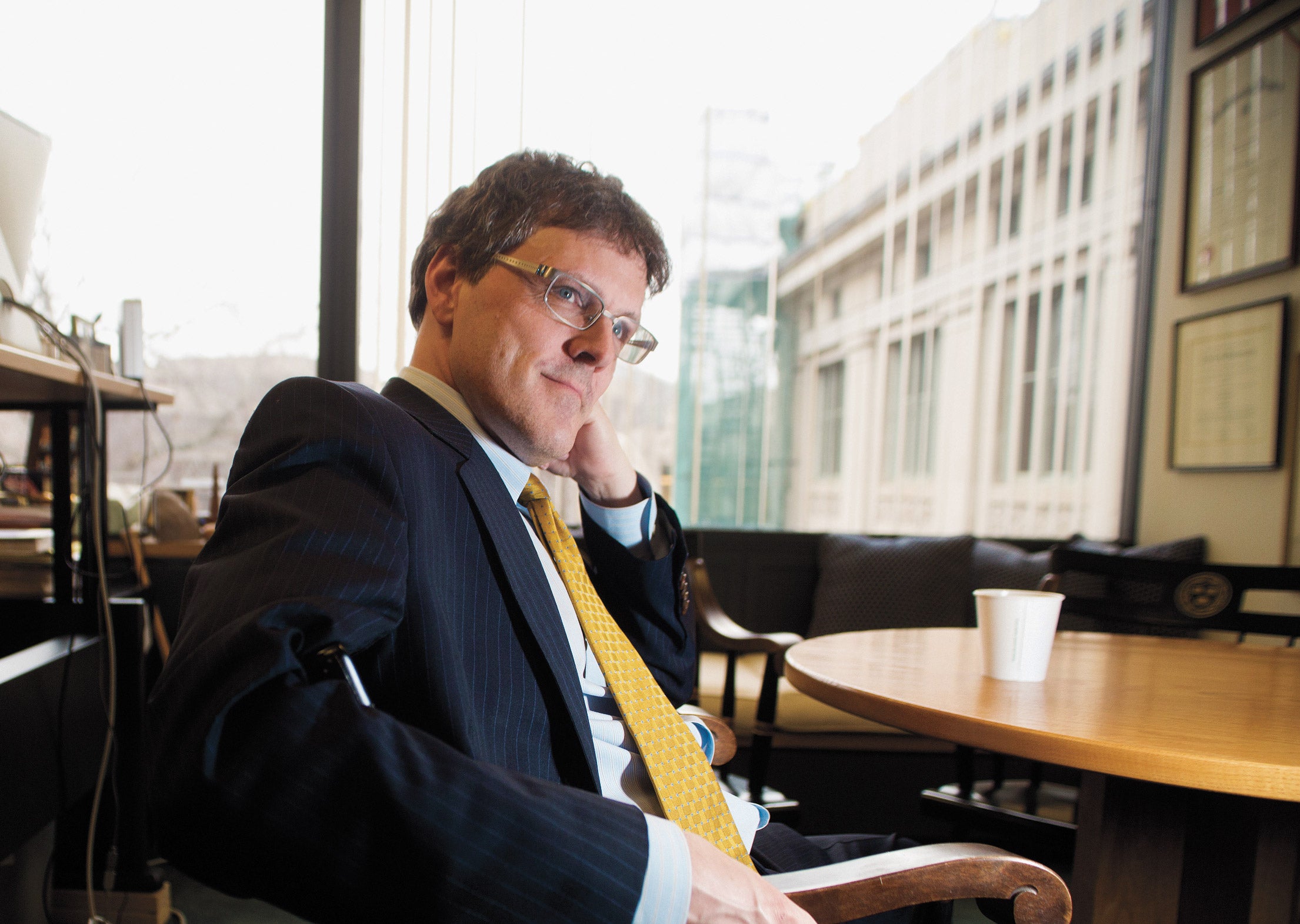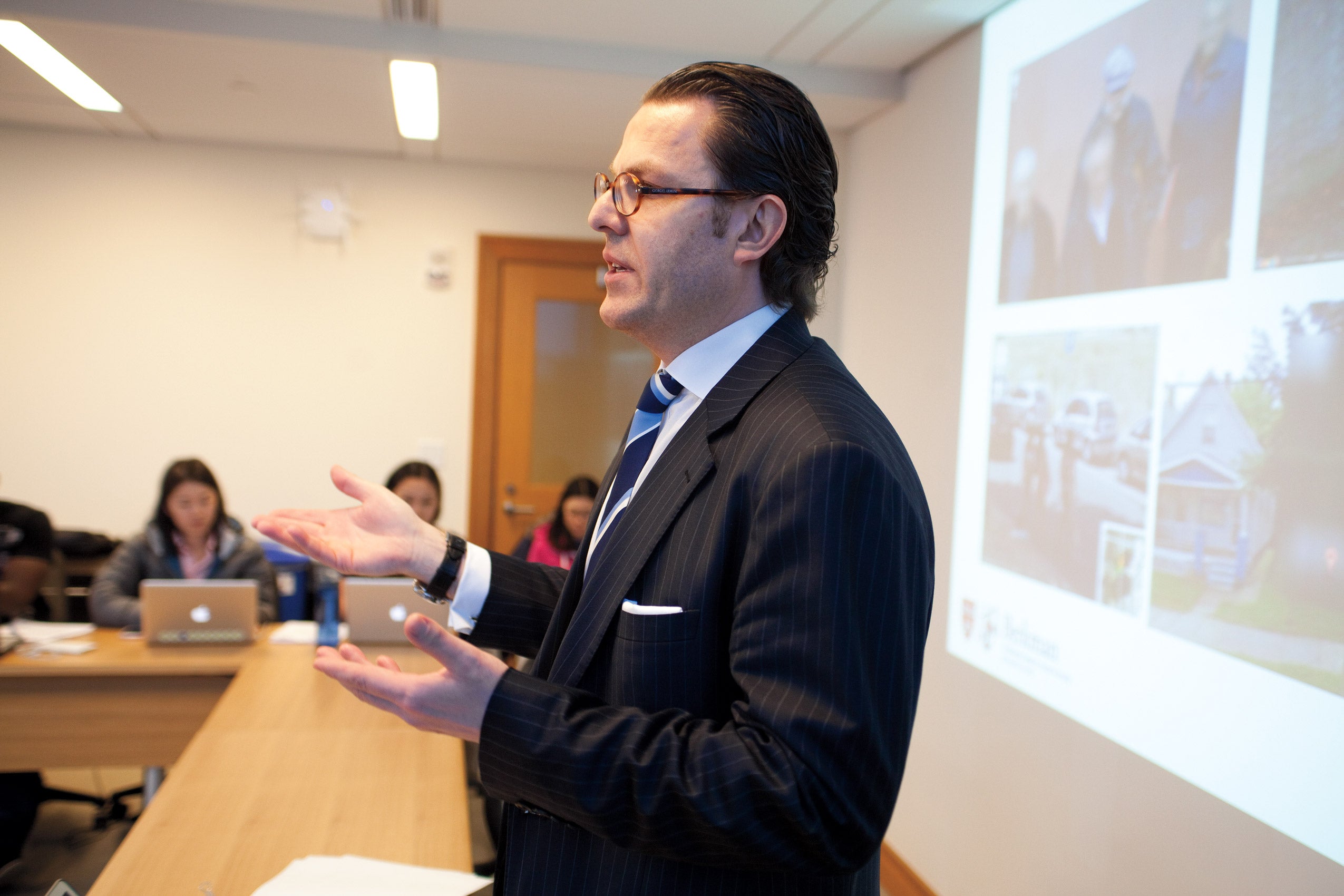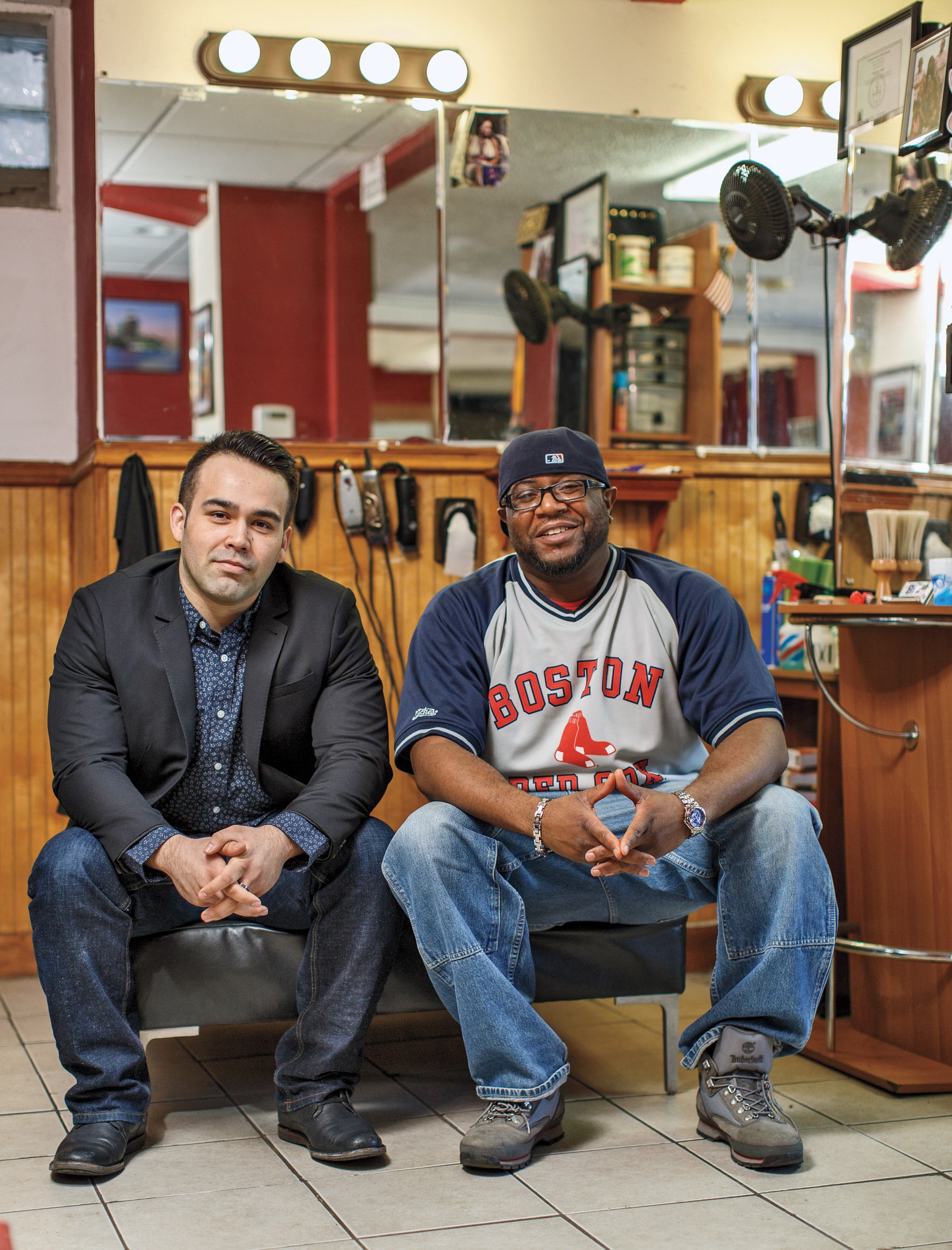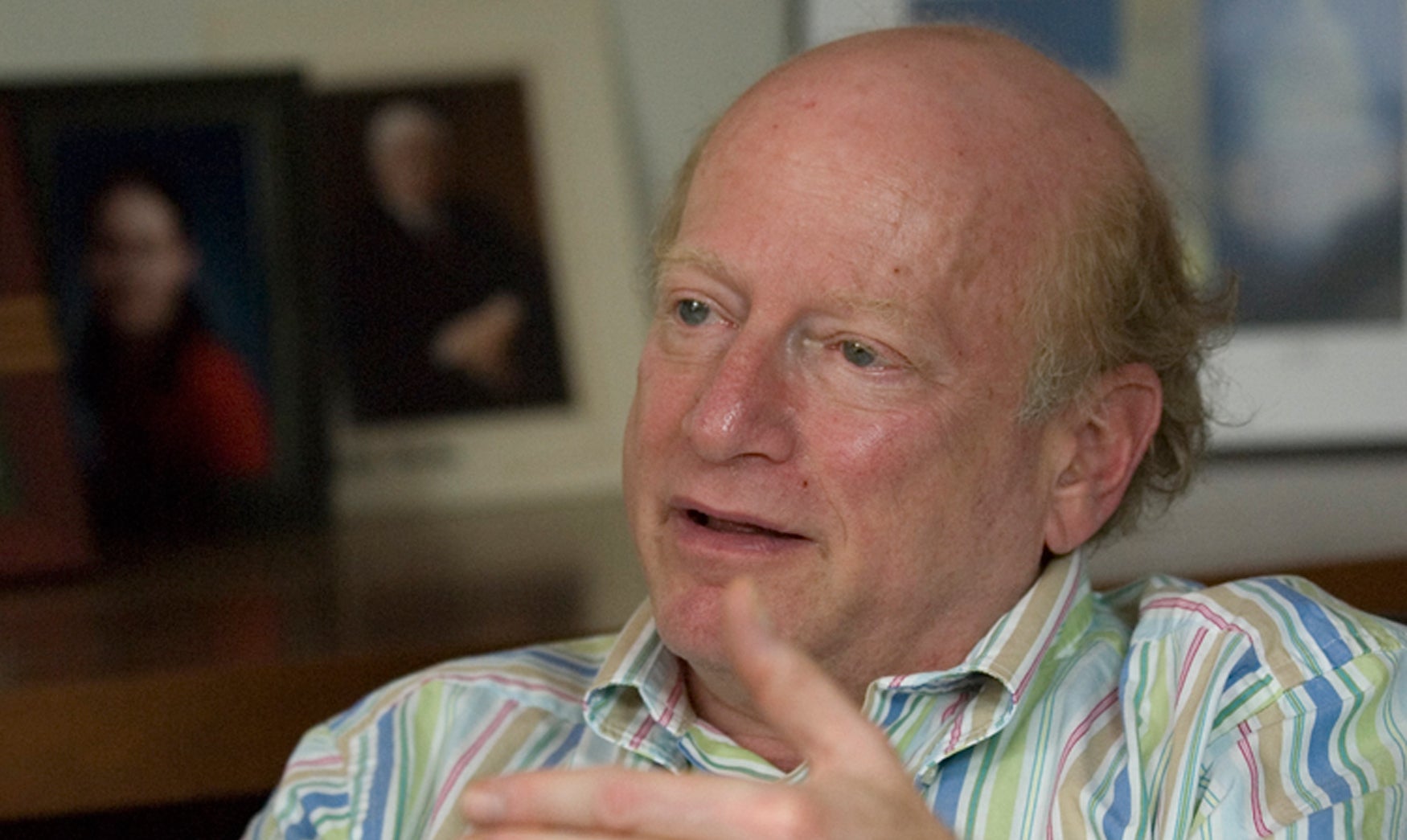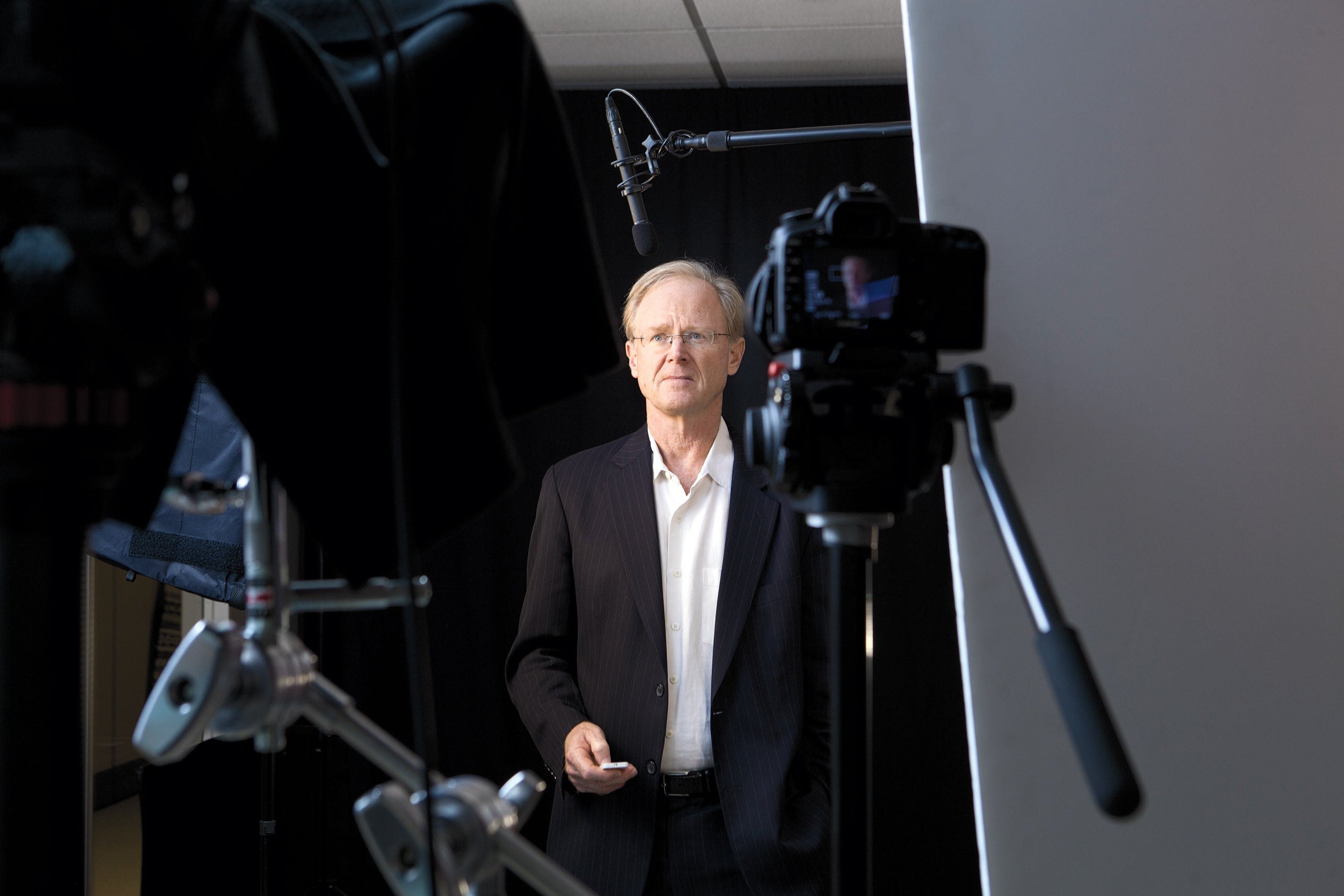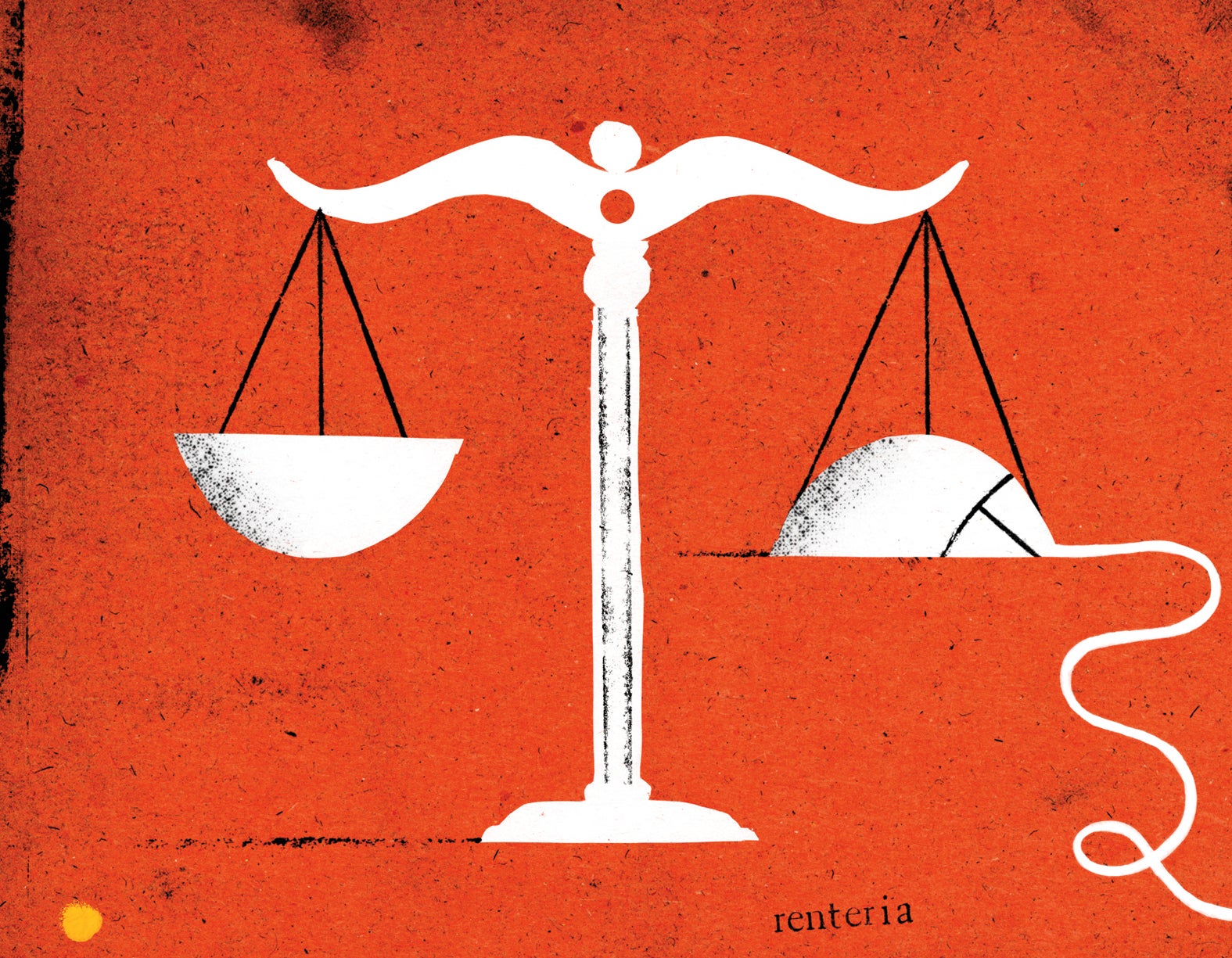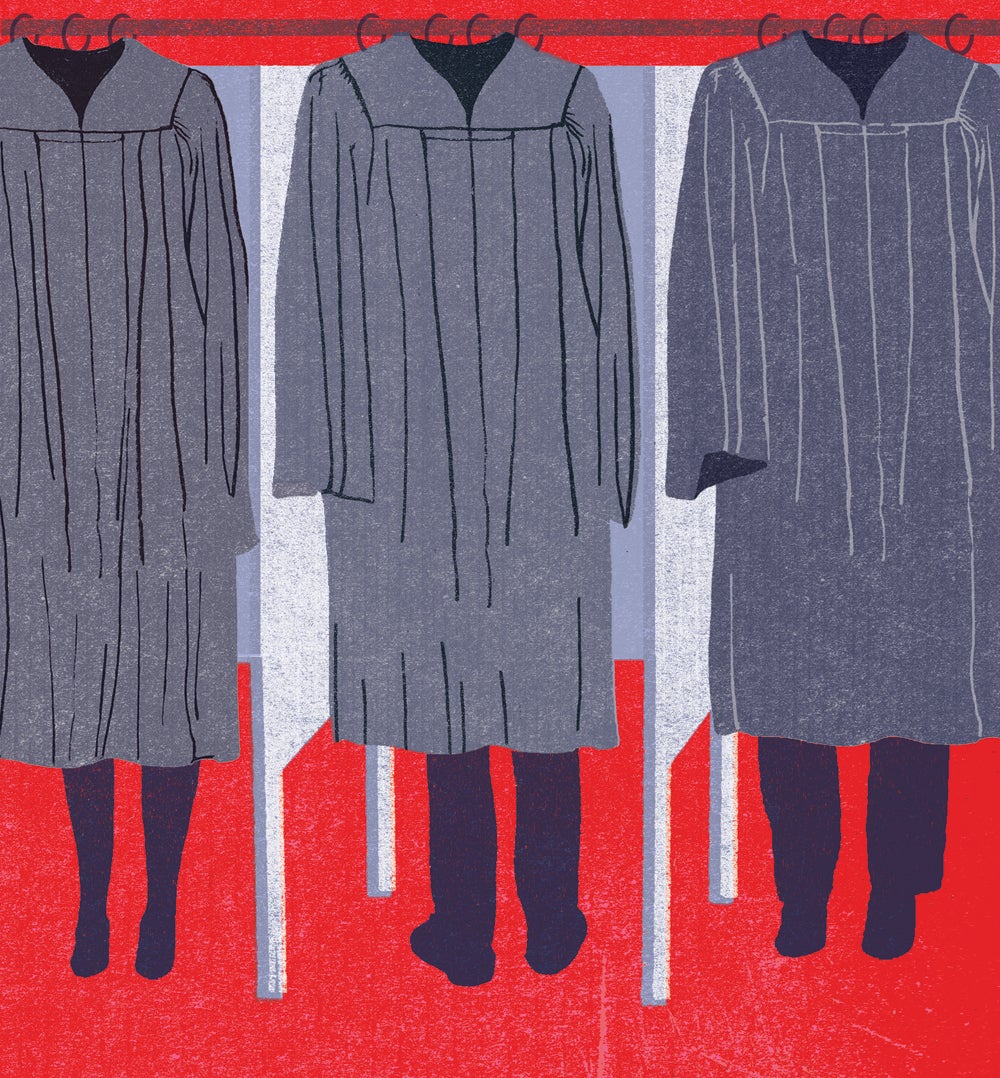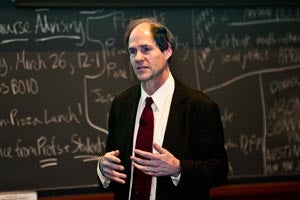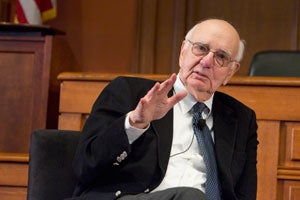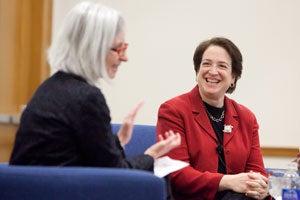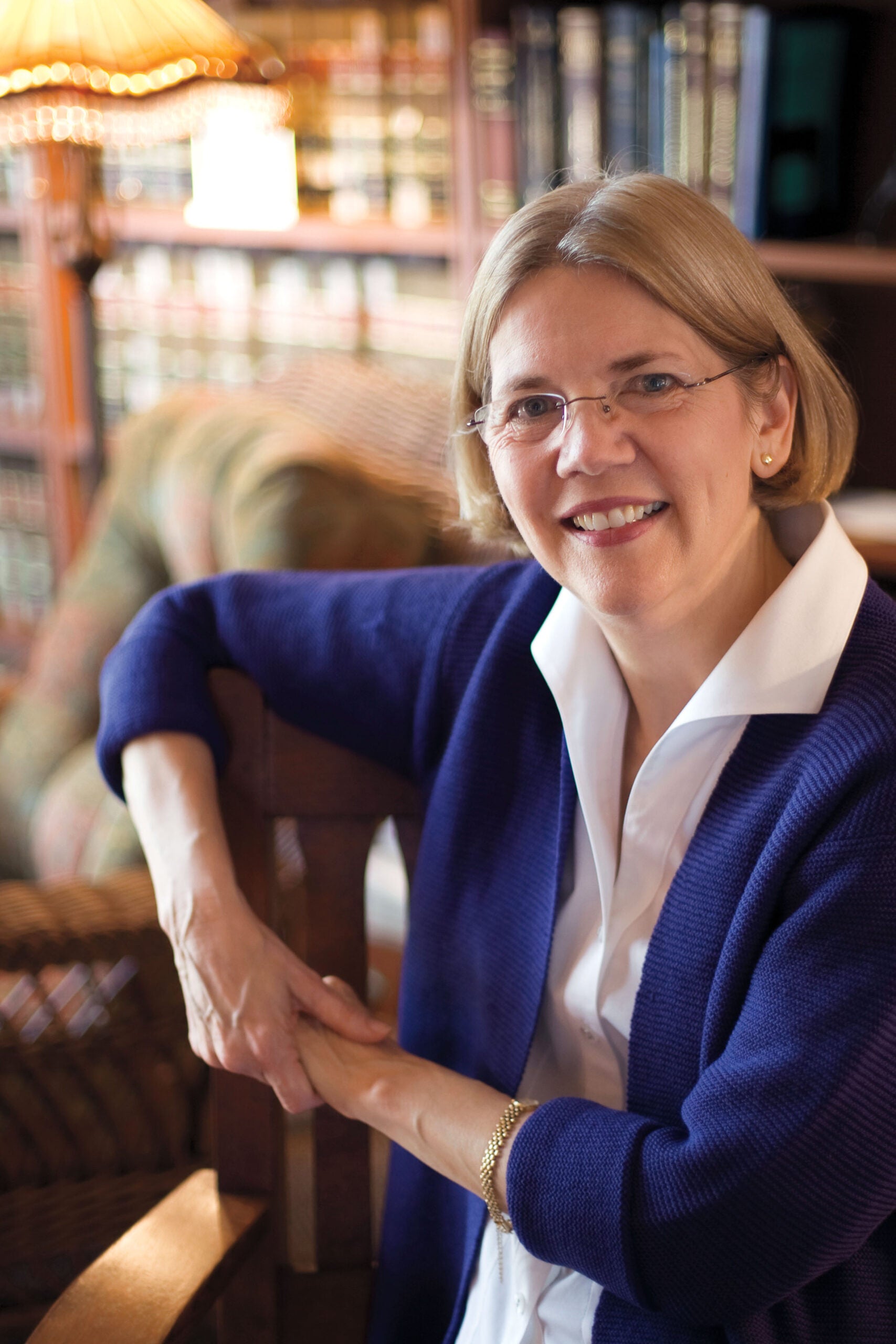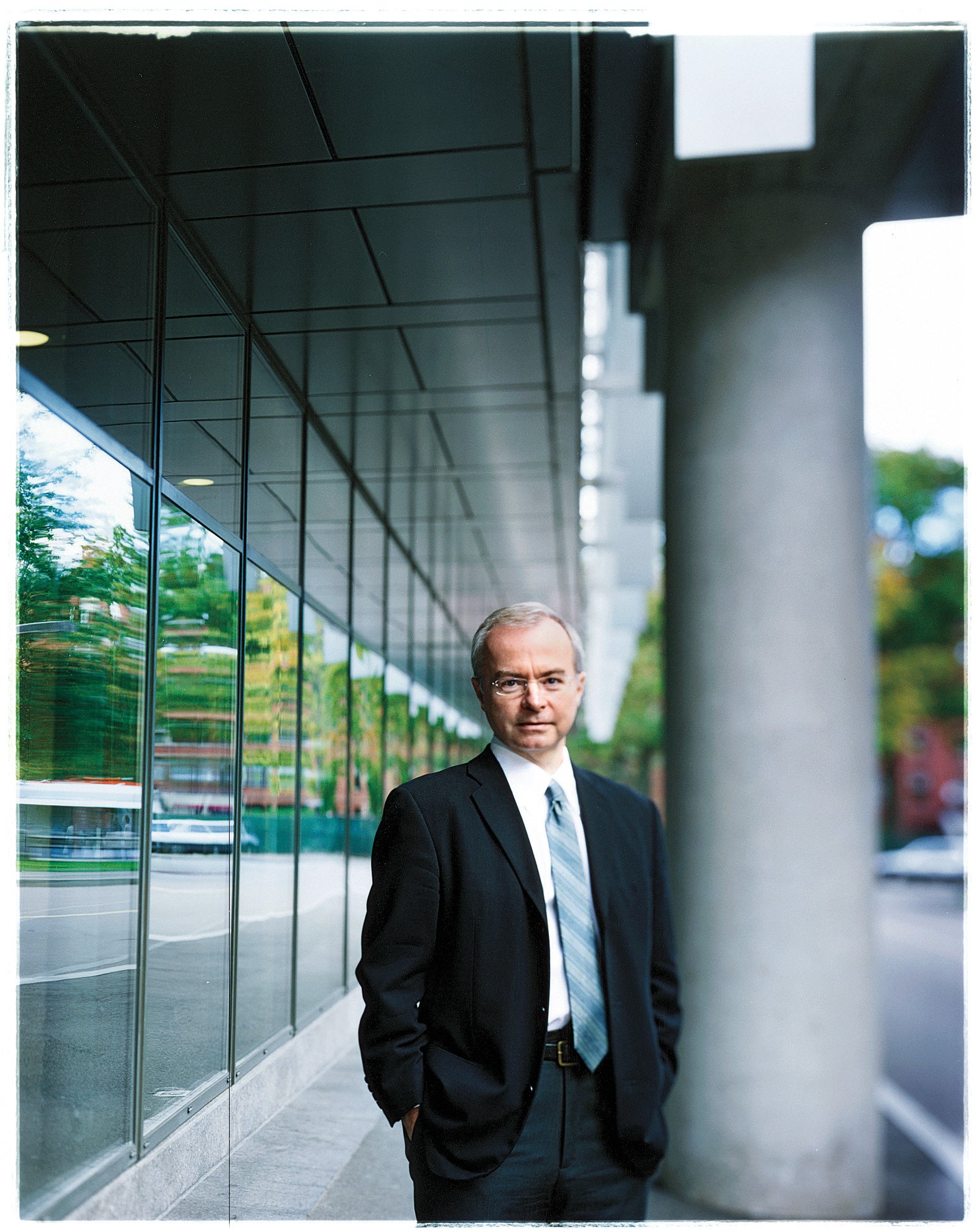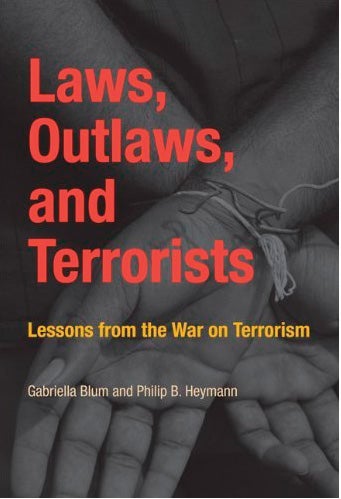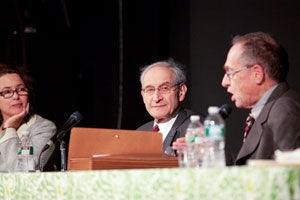Latest from Jeri Zeder
-
Will Corporate ‘Speech’ Undermine Productivity?
May 4, 2015
John Coates argues that extending speech protections to corporations is bad—not just for democracy but for capitalism.
-
Privacy (TBD): In the online space, what is private may depend on who you are and where you live
May 15, 2014
As Professor of Practice Urs Gasser sets up his PowerPoint and students deploy their notebooks and laptops, a riff of music drifts by. The tune soon reveals itself as a jazz version of the Beatles classic “Here, There and Everywhere”—a title that’s evocative of the global subject covered in this seminar, Comparative Online Privacy.
-
Taking Care of Business (and Nonprofits, too)
May 12, 2014
We follow 5 clinical students into the lab, the barbershop and the labyrinth of condominium governance.
-
In the Classroom: Curbing Corruption
January 1, 2014
Twenty law students take their seats in a third-floor seminar room of Wasserstein Hall, and their professors get right down to business. How do we evaluate claims made in the literature about the impact of the Foreign Corrupt Practices Act on U.S. businesses and U.S. leadership around the world? Instantly, a student ventures that broad anti-corruption efforts might help the U.S. economy, even if the benefits to particular firms are unclear. For the next two hours, the air crackles with refutations, clarifications, elaborations, insights and reality checks. The break that’s scheduled at the one-hour mark comes 15 minutes late because the students are too engaged to stop.
-
The Long Game
January 1, 2014
However much presidents want to influence the future through their judicial appointments, the problem, Professor Mark Tushnet writes in his new book, “In the Balance: Law and Politics on the Roberts Court” (Norton, 2013), “is that things change.”
-
CopyrightX, the new, experimental, Web-based Harvard Law School course which prioritizes the human dimension of online teaching, is the brainchild of Professor Terry Fisher, who is committed to what he calls the democratization of higher education.
-
iLaw: The next generation
July 6, 2012
iLaw: Internet Technology, Law, and Policy, an intensive course run by Harvard’s Berkman Center for Internet & Society, drew an unusual mix of students and professionals from around the world.
-
Elected vs. Appointed?
July 1, 2012
Today, about 90 percent of state judges must run for office, and the elections have become increasingly expensive and nasty. Assistant Professor Jed Handelsman Shugerman provides historical perspective on judicial elections and other methods of judicial selection in his new book, “The People’s Courts: Pursuing Judicial Independence in America” (Harvard, 2012).
-
Cass Sunstein on new directions in regulatory policy
April 12, 2012
Here’s the scorecard: Bush: $3.4 billion. Clinton: $14 billion. Obama: $91.3 billion. These numbers represent the net monetary benefits of final, federal agency regulations issued through the third fiscal year of each of these administrations. They were presented to HLS students and faculty on March 26 by Cass R. Sunstein, former Felix Frankfurter Professor of Law and current administrator of the Office of Information and Regulatory Affairs, a department within the White House’s Office of Management and Budget. As administrator, Sunstein oversees the federal government’s entire regulatory process. He was on campus to discuss “New Directions in Regulatory Policy.”
-
Paul Volcker on preventing bank failures
April 11, 2012
Paul Volcker, former chairman of the Federal Reserve under Presidents Carter and Reagan, and former chairman of President Obama’s Economic Recovery Advisory Board, was on campus in early April as a guest of the Edmond J. Safra Center for Ethics series on institutional corruption. The Center’s director, Professor Lawrence Lessig, introduced him to an at-capacity crowd in Ames Courtroom before yielding the floor to Harvard Business School Professor Emeritus Malcolm Salter, who moderated a conversation with Volcker on the historical context of today’s financial crisis and current efforts to thwart future crises.
-
When the second wave of feminism swept the country in the early 1970s, a woman had never served on the United States Supreme Court. There had never been a woman Secretary of State. If there were any women attorneys general, CEOs, or law school deans, they were rarer than water vapor on the moon. Today, there’s nothing to hold women back. Right? Not so fast. That’s the message delivered by keynote speaker Nancy Gertner to the 300-plus attendees of the National Association of Women Judges’ (NAWJ) conference held at Harvard Law School in mid-March.
-
Law on the Home Front
August 17, 2011
The Harvard Legal Aid Bureau and two HLS clinics help staunch the foreclosure crisis in Massachusetts.
-
Poor underwriting, predatory lending, sloppy record-keeping, neighborhood blight, ill-considered or invalid foreclosure decisions, the inability or refusal of banks to negotiate with homeowners, homeowner protection…
-
What Kind of Difference They Made
July 1, 2011
In her long career as a law professor, Mary Ann Glendon has seen students struggle to stay idealistic in an imperfect world. Will they lose their moral compass if they choose a life in politics? Risk irrelevance if they stick to academia? Glendon, a former U.S. ambassador to the Vatican, has explored how great statespersons and philosophers grappled with similar questions.
-
Mapping the New Global Order
January 1, 2011
HLS institute seeks to broaden the solutions to global challenges.
-
Looking for the Third Paradigm
January 1, 2011
Assistant Professor Gabriella Blum LL.M. ’01 S.J.D. ’03 is a specialist in the laws of war. Professor Philip Heymann ’60 is an expert in domestic law enforcement. With these different backgrounds, they decided to teach a course together on counterterrorism.
-
Because It Is Wrong: A panel discussion on torture with Charles and Gregory Fried, Alan Dershowitz and Jessica Stern
September 27, 2010
Philosophy must engage the issues of its day, says Suffolk University Professor Gregory Fried, co-author with his father, Harvard Law Professor Charles Fried, of the new book “Because It Is Wrong: Torture, Privacy, and Presidential Power in the Age of Terror “(Norton 2010).
- 1
- 2
